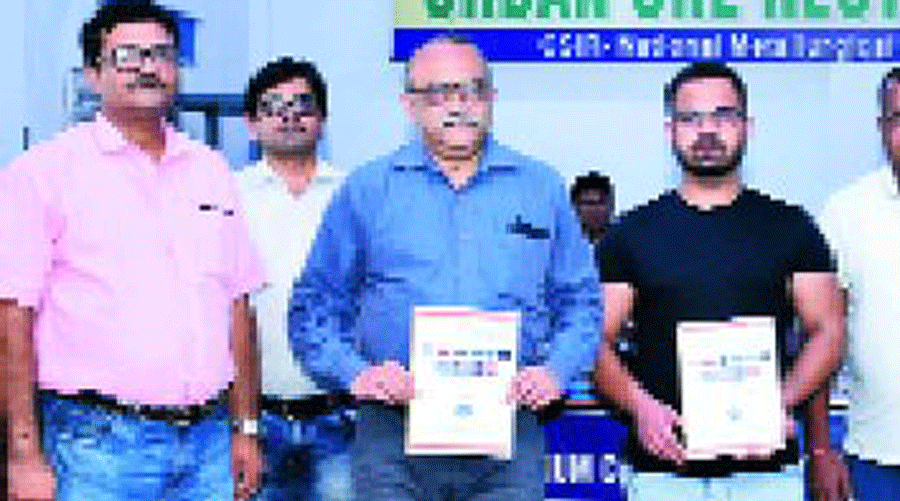Jharkhand-based National Metallurgical Laboratory (NML), a unit of the Council of Scientific and Industrial Research (CSIR), will do technology transfer on recycling of Lithium Ion Batteries (LIB) to a Delhi-based company and it will result into reducing the country’s dependence on China for rare earth resources.
“We have inked an agreement a few days back with the Delhi-based company Recyclib Private Limited for technology transfer on recycling of LIB. The new LIBs have a significant amount of rare earth elements which can be recovered for various uses. Rare earth elements will be in much demand for electric vehicles, batteries and other uses. Currently, India imports almost 80 per cent of its rare earth resources from China,” said project leader at Jamshedpur-based NML, Manish Kumar Jha.
Significantly, NML had inked similar agreements with nearly eight other private companies for the recycling of LIBs in the last few years. “However, the agreement done last Friday is significant as the technology will lead to recycling of rare earth elements,” added Jha.
Incidentally, LIBs are used in many products such as smartphones, electronic toys, wireless headphones, handheld power tools, electric vehicles and electrical energy storage systems.
In the new technology, recycling of LIBs will lead to the recovery of metals/salts of Li, Co, Mn, Ni, Cu, Al, graphite and saleable plastics and graphite from black cathodic material of spent LIBs based on the zero waste concept. Developed hydrometallurgical process flow sheets to recover metals/salts and graphite from spent LIBs will be fine-tuned by the samples supplied by the firm. The firm will commercialise the technology as per the transferred Know-How of the CSIR-NML.
CSIR-NML director Indranil Chattoraj said: “In recent past, NML has transferred several indigenous technologies to Indian companies and hope in future we can transfer more to make India as an e-waste free society”.
“The generation of electronic waste has given rise to a new environmental problem. E-waste refers to electronic waste, which is not suitable for the purpose of its use. Therefore, countries like India are worried about the increasing import of such e-waste due to developing countries being considered the safest dumping ground. Due to the fast-growing electronic revolution in the countries of the world, the dependence of the common people on this side is increasing. India is one of the major producers of e-waste that is becoming a threat to the environment and a source of serious health diseases. Mobile phones, laptops, televisions, photocopiers, fax machines, calculators and the e-waste of old computers that have become waste are causing major issues such as soil pollution, water and air pollution and many serious diseases,” said an NML spokesperson.
Data provided by NML states that by 2030, 18.5 million tonnes of e-waste will be produced in India alone.










